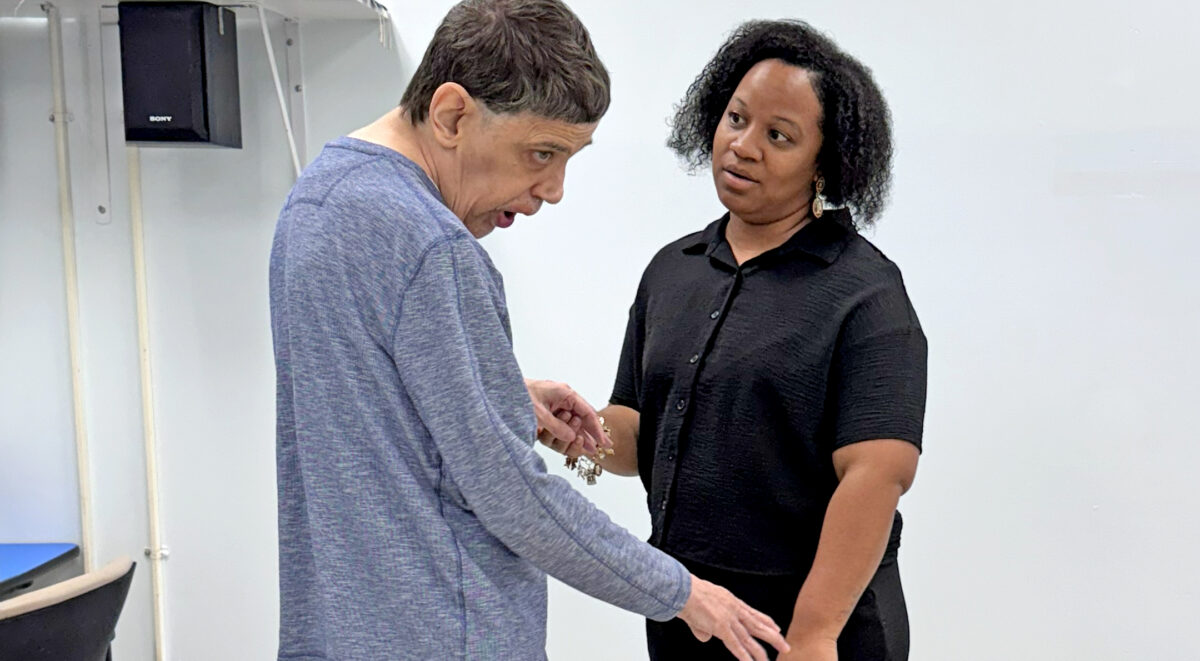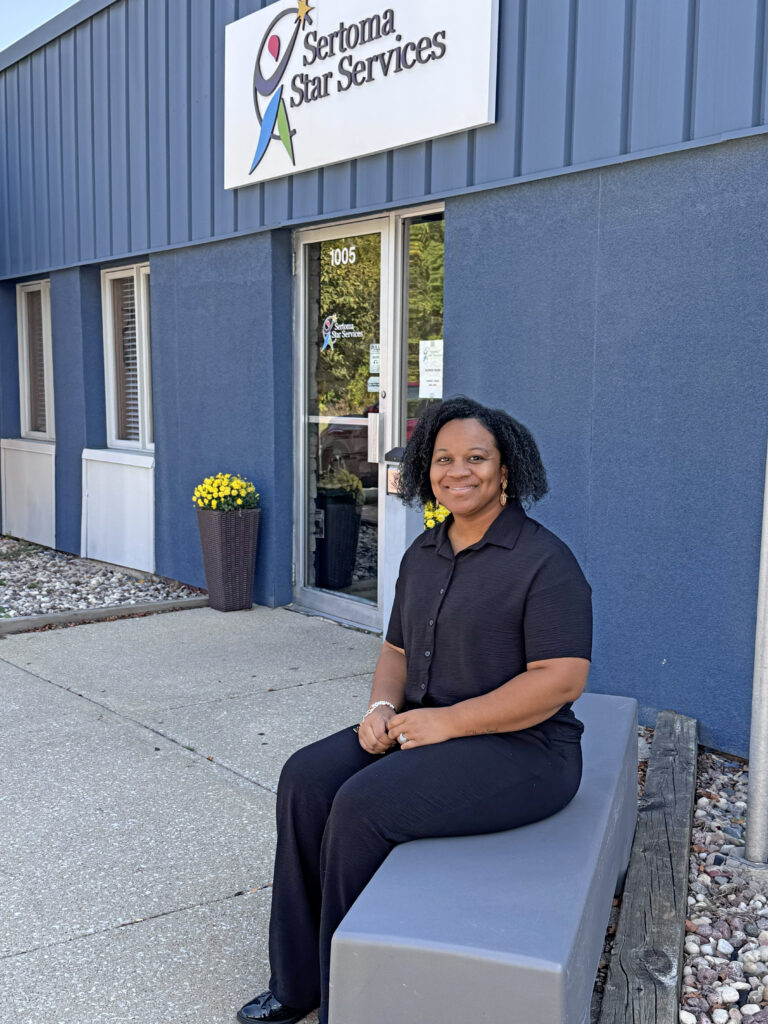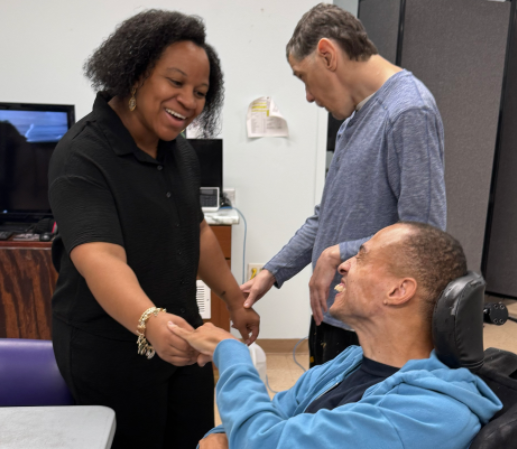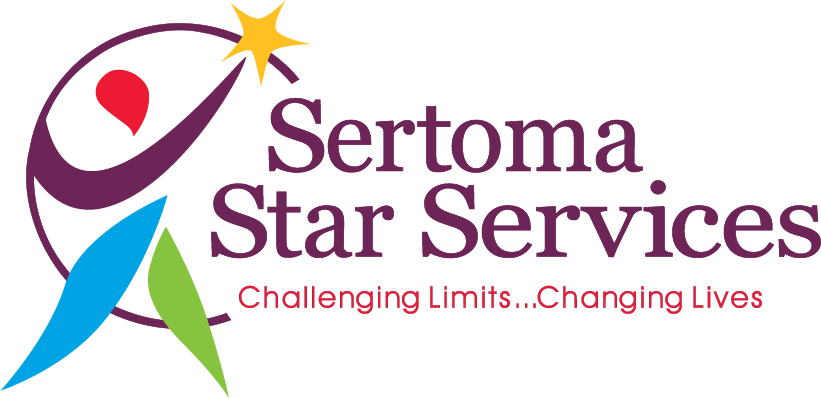
BUILDING BRIGHTER FUTURES: LEADING SERVICES WITH HEART AND VISION
Simone Hawkins, Administrator of Applied Behavioral Services:

When Simone Hawkins graduated from high school, one thing stood out: many of her peers lacked critical life skills and stability. Chronic tardiness, bullying, and other behaviors often led to serious social and emotional consequences—but few people looked beyond the surface to understand why. Simone tucked this observation away, not realizing it would later shape her career.
She enrolled at Southern Illinois University–Carbondale with dreams of becoming an FBI agent. However—to her surprise—Simone found herself unexpectedly drawn to education. She worked as a paraprofessional in a school for children with disabilities, where she met an eighteen-year-old who couldn’t read and a third-grader on the autism spectrum. Inspired to help, she started developing practical solutions based on her growing understanding of human behavior.
When a coworker asked her if she was an RBT, referring to a Registered Behavior Technician, Simone discovered a name for what she had been intuitively doing all along: reinforcing positive actions and reducing challenging behaviors to improve people’s lives.
Eager to deepen her expertise, Simone earned a master’s degree from National Louis University in 2017 and began working as an in-home therapist. In 2018, she brought her passion and skill to Sertoma Star Services, where she built the agency’s Applied Behavioral Services program from the ground up. An accomplishment Simone calls her proudest to date.
“In the consultant world, the amount of interaction with consumers isn’t always present,” Simone explains. “Here, we’re visible. We model appropriate behavior, build relationships, and truly invest in the people we serve.”
Simone emphasizes that consistent, in-person engagement allows behavioral specialists to collect richer, more meaningful data. “Patterns and routines tell a story,” she says. “Without that context, we only get a snapshot of what’s happening and not the full picture.”
Through regular check-ins, assessments, and collaboration with consumers and families, Simone’s team works toward essential goals: increasing independence, improving coping and social skills, and ensuring safety at home. Their interventions go beyond paperwork, including family counseling, modeling healthy communication, and problem-solving relationship challenges.
One consumer’s transformation stands out to her. After involvement in illegal activities, he began therapy with her team. “We helped him communicate better with staff and peers, increased his access to resources, and connected him with job opportunities,” Simone recalls. “Eventually, he realized, ‘I’m capable of change. I don’t have to live in the past. This is how good behavior pays off.’”
A cornerstone of Simone’s philosophy is respecting consumer autonomy.
“Restrictions exist for a reason, but sometimes we rely on them too heavily,” she says. “We should see our consumers as people who can make choices. Instead of dictating, we should ask, ‘What are you willing to try while working together as a team. Behavior is communication.
To others in her field, this collaborative approach might seem challenging—but Simone remains optimistic.

“Everything is figure-outable,” she insists. “If you work hard enough, look deep enough, and care enough, there’s always a resolution. You just have to put in the effort.”
